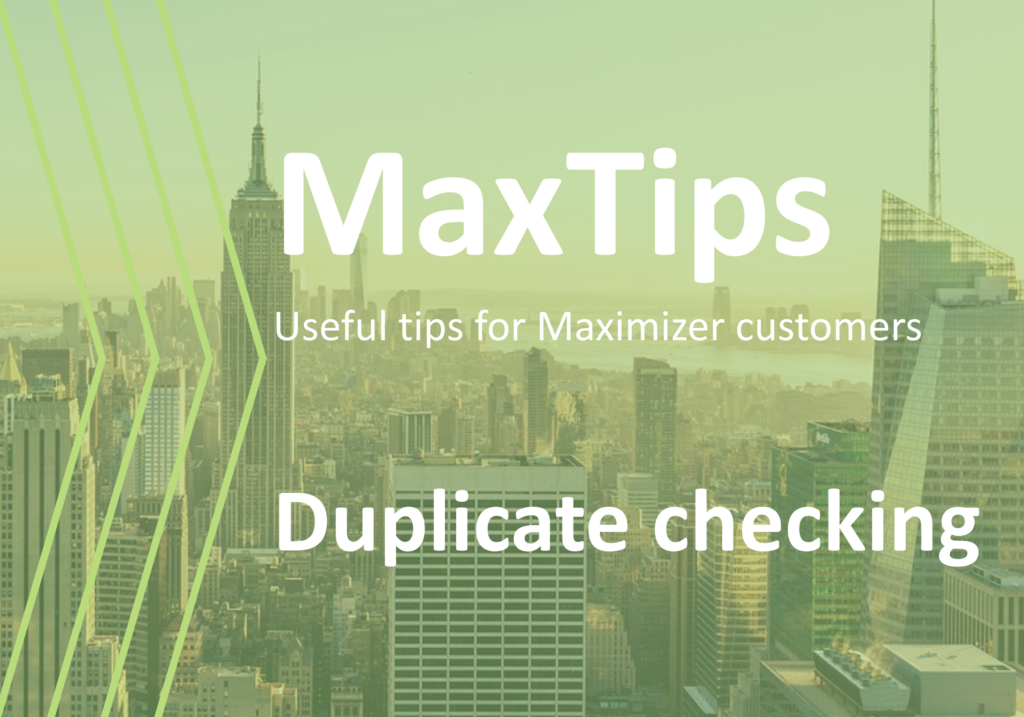3 Effective solutions to the security risks around BYOD


Our increasingly digitised way of life has lead to cloud computing becoming the norm. With today’s workforce becoming more mobile, the need for employees to have remote access to their ‘work desktop’ is constantly on the rise and remote access to critical business applications that include privacy-related business data, put the company’s overall security at risk. Smart devices with access to company emails, services or data are ever more vulnerable to data breaches and smartphone malware attacks.
Data is also often the most valuable asset to a company and the main focus should be on effectively securing the data. BYOD (Bring Your Own Device) policies do not compensate for smart devices that are inherently vulnerable. The following three tips are fundamental strategies for creating a full-proof BYOD policy in the workplace:
- Find the right cloud-computing platform for your business
Find a platform or app that can access all of your company data while storing as little of it as possible on the device itself. Maximzer’s cloud CRM solution, for example has astate-of-the-art access security infrastructure that includes industry-best practices processes and technologies, 128-bit SSL encryption, firewall-protection, 24/7 intrusion detection monitoring and more, to protect data against external and internal threats. It also ensures that the data is accessible whenever and wherever you need it on a wide variety of BYOD platforms. Role-based, record-based and field-level security rules also help to control access to information and features once a user is logged into a database.
- Control how employees access your database
Multi-factor authentication secures remote access to your database, requiring two layers of credentials to log into a user account. This dramatically reduces the likelihood that a stolen password or device will result in a data breach.
Once a user has been authenticated, companies must ensure that the network connection is secured. SSL-based mobile VPNs gives employees enormous flexibility to access the network securely from any location and from any mobile device. Cyber Security vendor F-Secure’s Freedome solution, for example, includes cloud-based security services such as encrypted communications, app & web security, and mobile fleet management. SSL VPNs provides secure remote connectivity without the need for software to be installed on each device.
- Educate your employees on BYOD policies
The culture of your organisation should place emphasis on education and training and help staff understand just how important security is to them. Staff should be trained and asked to pass a course on proper BYOD use before being allowed to use their personal devices at work and vice-versa. Employees also need to be educated on how to spot apps that could contain malware, sharing security threat updates and teaching your employees how to secure their devices.
BYOD is a way for companies to fulfil their business needs, as well as the flexibility demands of employees. Educating staff about correct policies and steps they need to follow will only amplify the BYOD strategies in place to ensure the adequate security of a business for the future.



